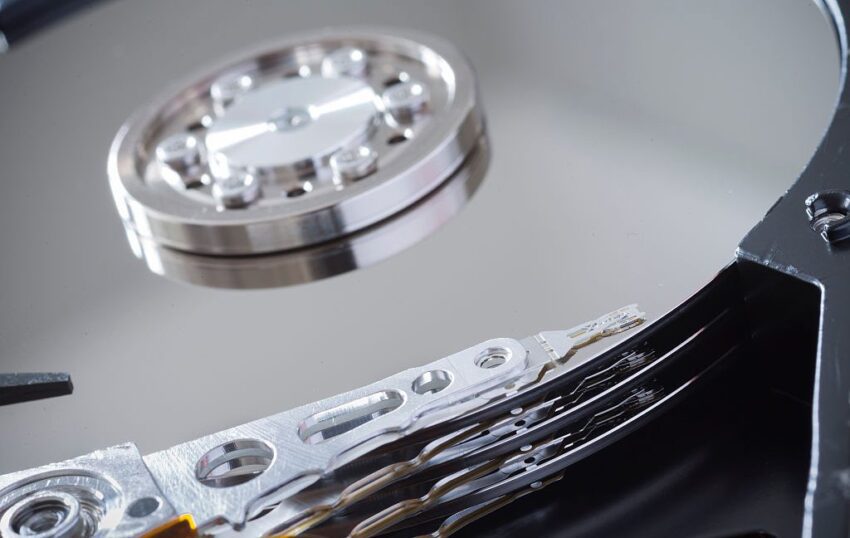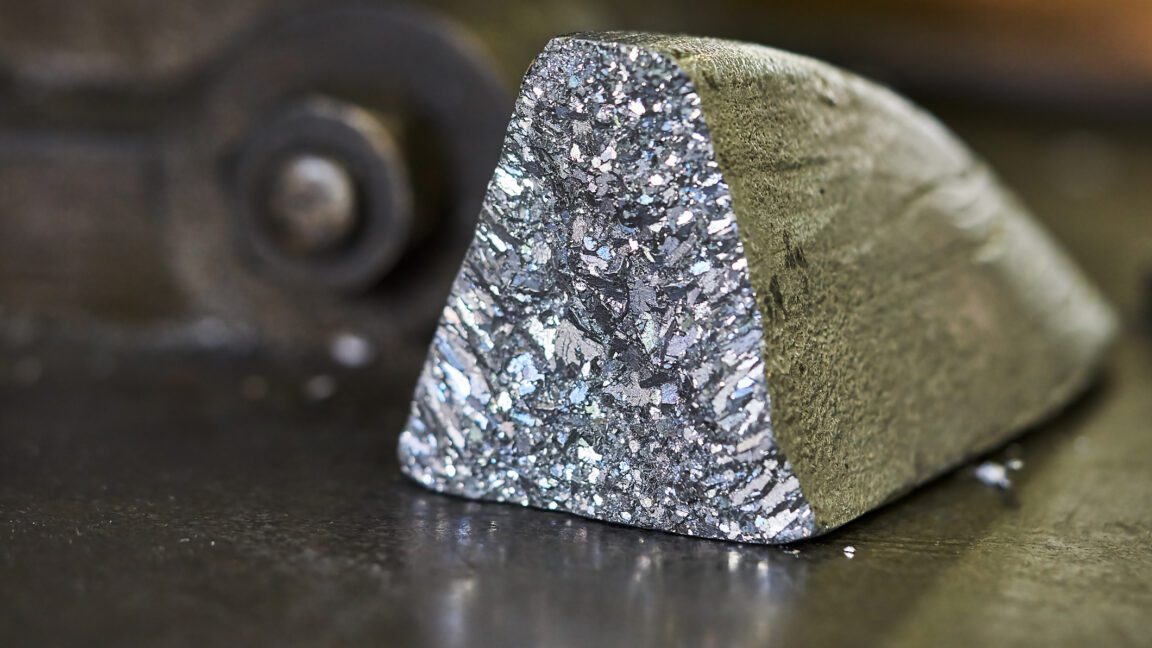
12 years of hdd analysis brings insight Backblaze’s extensive analysis of hard disk drive (HDD) performance over the past 12 years reveals significant insights into the reliability of these storage devices, suggesting that they are lasting longer and exhibiting fewer errors than previously recorded.
12 years of hdd analysis brings insight
Understanding Backblaze’s Data Collection
Backblaze, a prominent backup and cloud storage company, has been meticulously tracking the annualized failure rates (AFRs) of the hard drives in its data centers since 2013. This long-term data collection has provided the company with a wealth of information regarding HDD performance, allowing for a comprehensive analysis of trends over time. The sheer volume of data—over 317,230 drives currently in operation—enables Backblaze to draw meaningful conclusions about the reliability of HDDs in various conditions.
The Annualized Failure Rate (AFR)
The annualized failure rate is a critical metric in evaluating the reliability of hard drives. It represents the percentage of drives that fail within a given year, providing a clear picture of how well these devices perform over time. Backblaze’s analysis of AFRs has revealed notable trends that indicate improvements in HDD longevity and reliability.
Comparative Analysis Over the Years
In a recent blog post authored by Stephanie Doyle, Backblaze’s writer and blog operations specialist, alongside Pat Patterson, the company’s chief technical evangelist, the authors conducted a comparative analysis of the AFRs from different years. They examined the data from three distinct time periods: the initial 21,195 drives recorded in 2013, the 206,928 drives analyzed in 2021, and the current dataset of 317,230 drives.
Doyle and Patterson highlighted a significant deviation in both the age of drive failure and the peak AFR when comparing the latest data to previous analyses. This finding suggests that HDDs are not only surviving longer but also that the rate of failure has decreased over time.
Key Findings from the Analysis
The analysis yielded several key findings that shed light on the evolving landscape of HDD reliability:
- Increased Longevity: The data indicates that HDDs are lasting longer than they did a decade ago. This improvement can be attributed to advancements in manufacturing processes and materials used in HDD production.
- Decreased Failure Rates: The peak AFR has shown a downward trend, suggesting that fewer drives are failing compared to earlier years. This trend is encouraging for both consumers and businesses relying on HDDs for data storage.
- Age of Drive Failure: The analysis revealed that drives are failing at older ages than previously recorded. This shift indicates that users can expect their HDDs to remain functional for extended periods, reducing the frequency of replacements.
Implications for Consumers and Businesses
The implications of these findings are significant for both consumers and businesses that rely on HDDs for data storage. As HDDs become more reliable, users can expect to experience fewer disruptions due to drive failures. This reliability is particularly crucial for businesses that depend on data integrity and availability for their operations.
Moreover, the increased longevity of HDDs can lead to cost savings for businesses. With fewer replacements needed, organizations can allocate resources more efficiently and invest in other areas of their operations. The reduction in failure rates also means that businesses can focus on growth and innovation rather than constantly managing hardware issues.
Technological Advancements Contributing to Reliability
Several technological advancements have contributed to the improved reliability of HDDs over the years. These advancements include:
- Enhanced Manufacturing Techniques: Advances in manufacturing processes have led to better quality control and more durable components, resulting in HDDs that can withstand wear and tear more effectively.
- Improved Materials: The use of higher-quality materials in HDD construction has contributed to increased durability and performance. Manufacturers are continuously researching and developing new materials that enhance the lifespan of HDDs.
- Better Error Correction Algorithms: Modern HDDs are equipped with sophisticated error correction algorithms that can detect and rectify issues before they lead to drive failures. This proactive approach to data integrity has significantly improved overall reliability.
Stakeholder Reactions
The findings from Backblaze’s analysis have garnered attention from various stakeholders in the technology and data storage sectors. Industry experts and analysts have expressed optimism regarding the implications of improved HDD reliability. Many believe that this trend could influence purchasing decisions for both consumers and enterprises.
Manufacturers are also likely to take note of these findings. As competition in the HDD market intensifies, companies may invest further in research and development to enhance the reliability of their products. The positive data from Backblaze could serve as a benchmark for manufacturers to strive for, potentially leading to even more innovations in HDD technology.
Challenges and Considerations
While the findings from Backblaze are encouraging, it is essential to consider the challenges that still exist in the realm of data storage. Despite improvements in HDD reliability, users must remain vigilant about data backup and recovery strategies. Hard drives, regardless of their reliability, are still susceptible to failures, and data loss can occur unexpectedly.
Moreover, as technology continues to evolve, the landscape of data storage is shifting. Solid-state drives (SSDs) are becoming increasingly popular due to their speed and reliability. While HDDs still play a crucial role in data storage, particularly for large-scale archival purposes, the rise of SSDs may impact the market dynamics for HDDs in the coming years.
The Future of HDDs
The future of HDDs appears promising, especially with the positive trends identified in Backblaze’s analysis. As manufacturers continue to innovate and improve their products, consumers can expect even greater reliability and performance from HDDs. However, it is crucial for users to stay informed about the latest developments in data storage technology and to adapt their strategies accordingly.
In conclusion, Backblaze’s 12 years of data collection and analysis have provided valuable insights into the reliability of HDDs. The findings indicate that HDDs are lasting longer and exhibiting fewer errors, which is a positive development for both consumers and businesses. As technology continues to advance, the HDD landscape will likely evolve, but the current trends suggest a bright future for these essential storage devices.
Source: Original report
Was this helpful?
Last Modified: October 17, 2025 at 10:36 pm
10 views















